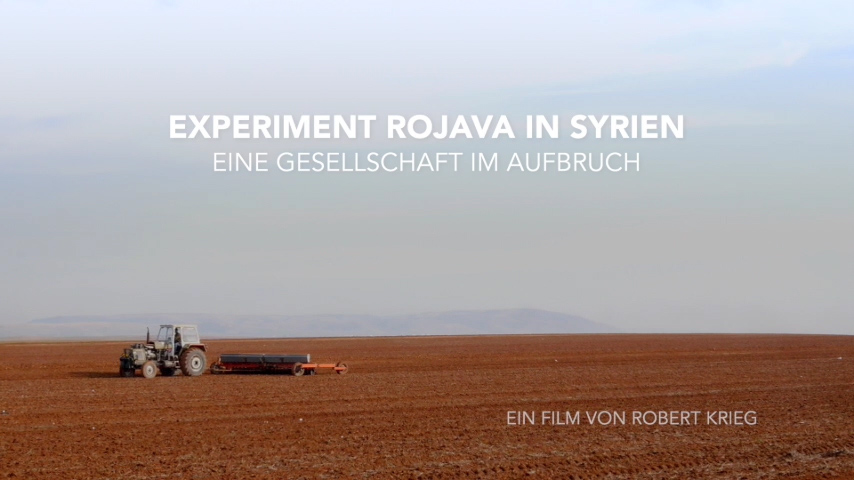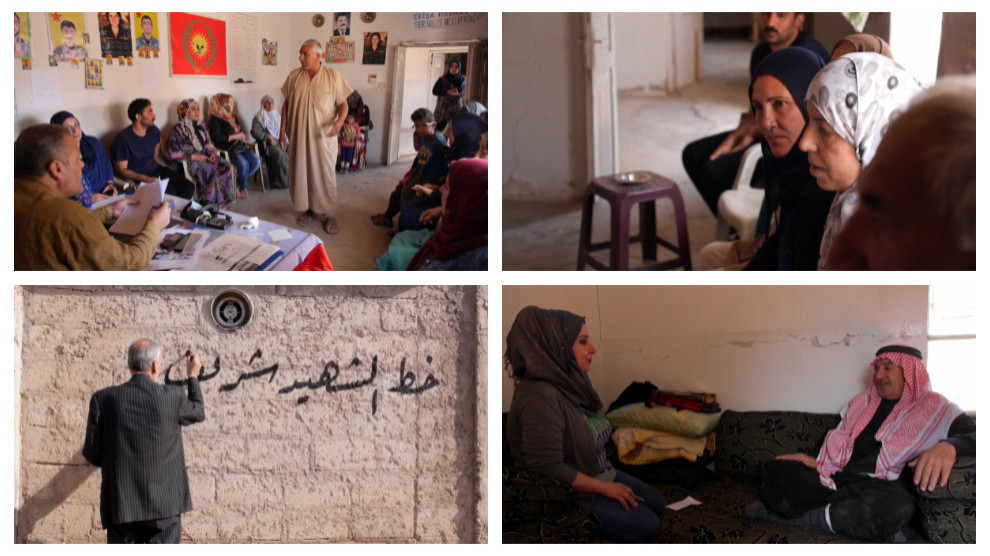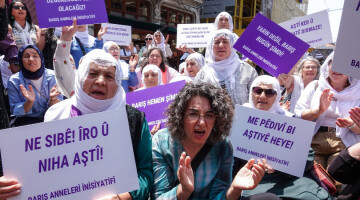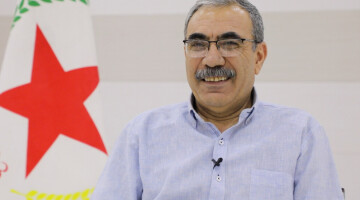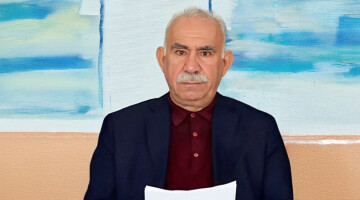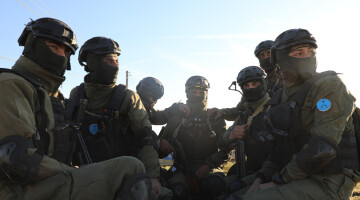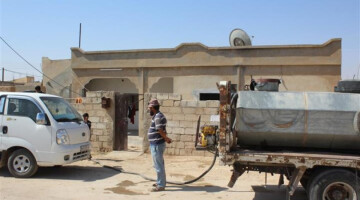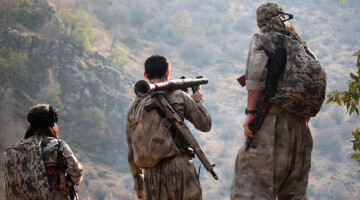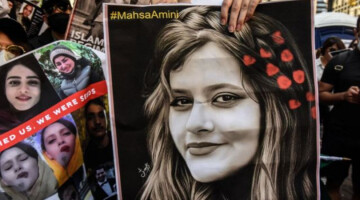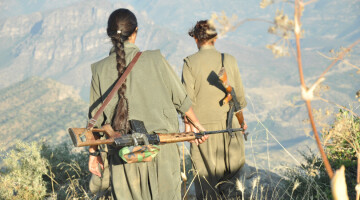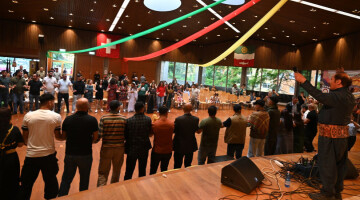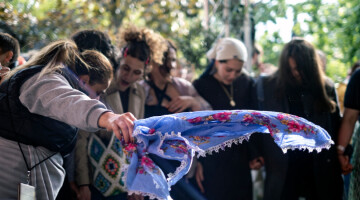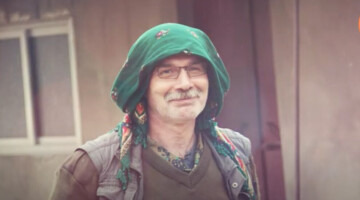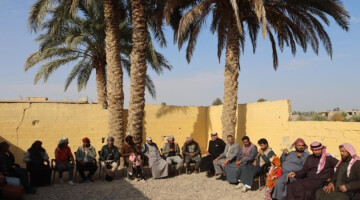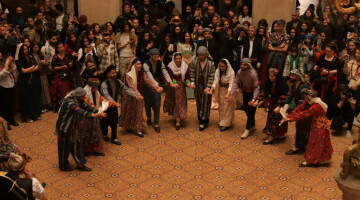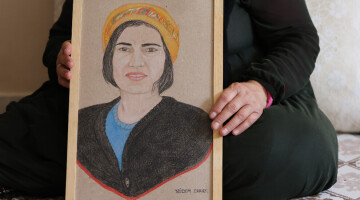For years, Syria has been the epitome of bloody civil war, ISIS terror and proxy war of the powers in the struggle for influence in the Middle East. But not only did the desperate Syrian population flee to Europe, many people also found refuge within the country: in northern Syria, in the Rojava region, on the border with Turkey. Here Kurds, Arabs, Armenians and Syriacs live together peacefully, be they Muslims, Yazidis or Christians. The highest principles are autonomous self-government, women's emancipation, the protection and participation of minorities, and religious tolerance. These principles are laid down in a kind of constitution, the so-called social contract.
But does that work in practice? How can we succeed in breaking down century-old social structures and gender relations, which are still characterized by traditional patterns of action?
Phoenix author Robert Krieg meets people who want to support and promote the socio-political experiment of democracy from below. In the small town of Amûdê, which mainly lives from agriculture, he accompanies meetings of district committees, visits a shop cooperative and a textile factory. Particularly active are the women who enjoy their newly gained rights. On the one hand, they contribute politically to local self-government, albeit free of charge. On the other hand, they become economically independent through jobs they have created themselves. Much is still at the beginning and must first be fought for, but also men up to the venerable elders support them, in order to come closer together to the socio-political ideal of grassroots democracy.
" Rojava Experiment in Syria - A Society in Transition" Phoenix premiere will take place on Sunday, May 5 at 11:15 pm.
